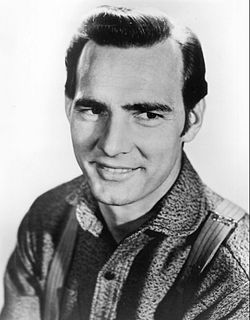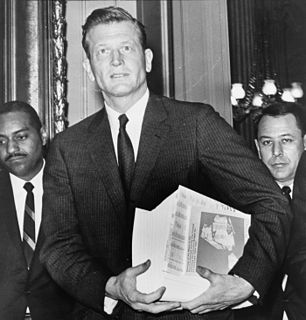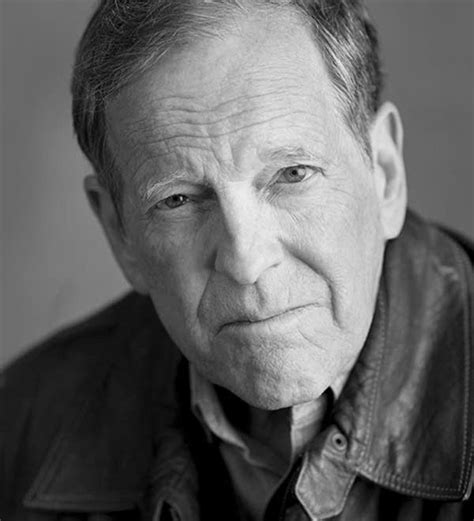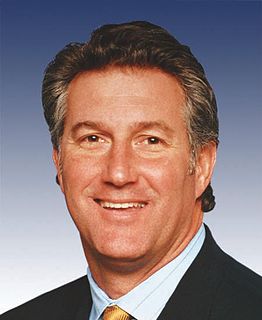A Quote by Bonnie Raitt
When they were putting oil rigs up and down the California coast, the whole issue of safe energy and the addiction to fossil fuels really came into focus.
Related Quotes
Rome wasn't built in a day, and we won't replace fossil fuels with clean energy based on the events of a single week, either. But the important thing to remember is that, once they happen, clean energy victories are irreversible. No one will tear down wind farms because they are nostalgic for fracking in our watersheds. And nobody will pull down their solar panels because they miss having mercury in their tuna or asthma inhalers for their kids. Because once we leave fossil fuels behind, we are never going back.
Bitumen is junk energy. A joule, or unit of energy, invested in extracting and processing bitumen returns only four to six joules in the form of crude oil. In contrast, conventional oil production in North America returns about 15 joules. Because almost all of the input energy in tar sands production comes from fossil fuels, the process generates significantly more carbon dioxide than conventional oil production.
The issue of climate change is one that we ignore at our own peril. There may still be disputes about exactly how much we're contributing to the warming of the earth's atmosphere and how much is naturally occurring, but what we can be scientifically certain of is that our continued use of fossil fuels is pushing us to a point of no return. And unless we free ourselves from a dependence on these fossil fuels and chart a new course on energy in this country, we are condemning future generations to global catastrophe.
If we want energy security, then we have to reduce our appetite for fossil fuels. There's no other way. Other issues may crowd the headlines, but this is our fundamental challenge. Big challenges require bold action and leadership. To get the United States off fossil fuels in this uneasy national climate of terrorism and conflict in the Persian Gulf, we must treat the issue with the urgence and persistance it deserves. The measure of our success will be the condition on which we leave the world for the next generation.
Coal, oil and gas are called fossil fuels, because they are mostly made of the fossil remains of beings from long ago. The chemical energy within them is a kind of stored sunlight originally accumulated by ancient plants. Our civilization runs by burning the remains of humble creatures who inhabited the Earth hundreds of millions of years before the first humans came on the scene. Like some ghastly cannibal cult, we subsist on the dead bodies of our ancestors and distant relatives. - Dr. Carl Sagan



































